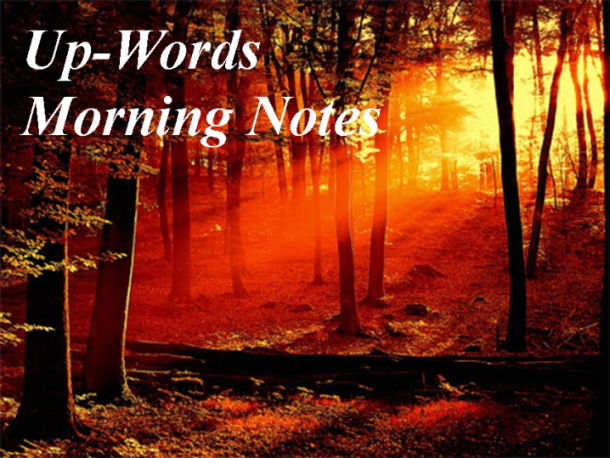In 1817, 25 year-old Joseph Mohr was assigned to the position of
assistant priest at St. Nicholas Church in Oberndorf, Austria. As a lover of
music since his childhood, Joseph was placed in charge of the music at the
small church and he even wrote poems and song lyrics for special services.
In 1818, during a particularly cold winter, Mohr was making
last-minute preparation for a special Christmas Eve service that had been planned
for months. Everything was in place, the music, the message, everything. But as
he cleaned and readied the sanctuary, he encountered an unfathomable dilemma;
St. Nicholas’ organ wouldn’t play. A frantic Mohr struggled with the old
instrument, making adjustments, fiddling with keys, stops and pedals, even
crawling behind the console to see if he could find a problem. Yet the organ
remained silent, its voice as still as a dark winter’s night.
Realizing he could do nothing else, the priest paused and prayed
for inspiration. He asked God to show him a way to bring music to his
congregation on the year’s most meaningful day of worship. His answer was found
in events that had been initiated almost two years earlier.
In 1816, while assigned to a church in another village, Mohr had
written a Christmas poem. The six unadorned stanzas were inspired on a winter’s
walk from his grandfather’s home to church. Though he had shared the words with
a few friends, the priest had never sought to have the work published nor
attempted to come up with a melody to go with his words.
After digging Silent Night
from his desk, Mohr read over the words.
Up until that moment the verses hadn’t seemed very important, but as he
read them again, it was as if God was tossing him a lifeline of hope.
Encouraged by new and unfolding expectations, he shoved the worn paper into his
coat pocket and rushed out into the night.
On that same evening, 31 year-old schoolteacher Franz Gruber was
struggling to stay warm in his drafty apartment over the schoolhouse. Though he
had once studied with a renowned organ master of his day, he now played organ
only for St. Nicholas’ modest services. As he went over notes from one of his
lessons, he heard a strong, knock on his door. To his surprise there stood
Father Mohr.
After a quick “Merry Christmas,” the agitated priest explained the
problem of the non-working organ, and the last minute thoughts of their
approaching Christmas Eve Service.
Father Mohr finally pulled out the poem he had penned two years
earlier and begged Franz Gruber to “please
write music to these words that can be easily learned by our choir.” He
added, “and, without an organ, I guess
the song will have to be played on a guitar.”
They both glanced at the mantle clock. “But time is so short!”
Studying the poem, Gruber set to work. Father Mohr, feeling
confident that God somehow had a special plan for this Christmas Eve, hurried
back across the snow to the church, leaving Franz Gruber alone with his
thoughts, a ticking clock, and a prayer for inspiration.
A short time later, the two friends met at St. Nicholas. There in
a candlelit sanctuary, Gruber showed his new music to Mohr. The priest
approved, and after learning the guitar chords, rushed it to the choir members
who were waiting for their scheduled rehearsal. In very short order, Gruber
taught the choir members the four-part harmonies to the last two lines of each
verse.
Just after midnight, Mohr and Gruber stood in front of the main
altar and introduced their simple little song. As they sang, they couldn't have
guessed that Silent Night Holy Night
would be remembered not only the next Christmas in their small village, but
almost two hundred years later, around the world.
May you and your family and friends be blessed this Christmas
season.
P Michael Biggs
Up-Words.net
Offering Hope
At Christmas


No comments:
Post a Comment